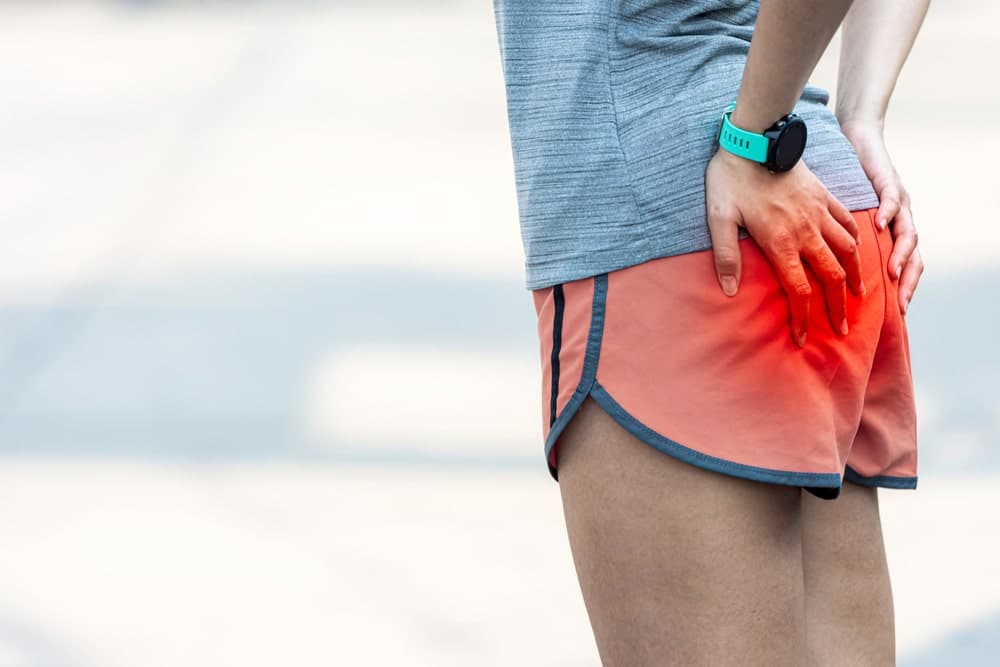
What is gluteal tendinopathy?
Gluteal tendinopathy occurs with damage to the tendons of the gluteal muscles, primarily those of gluteus medius and gluteus minimus, the primary muscles involved in hip abduction. Gluteal tendinopathy tends to occur without inflammation of the tendons, with many cases presenting due to a breakdown in the natural structure of the tendon.
Causes / Aetiology
Our tendons have a specific load capacity that is determined by a number of factors. Through training, the load capacity can increase. However, if our tendons are exposed to too much load, either in a single heavy-load incident or over many low-load incidents, they may suffer as they fail to adjust to the increased demand. Tendinopathy commonly occurs as a result of a heavy loading event such as commencing a new sport, a long hike, or a new job with a high demand for walking. Chronic gluteal tendinopathy can result if the initial condition is not detected and adequately treated.
Symptoms
Most commonly, this condition presents as tenderness over the lateral hip, due to either touch or loading events such as climbing stairs, which gradually increases over time. You may also notice a feeling of weakness in the hip, pain while sleeping on the side, and difficulty sitting for extended periods.
How My Physio My Health treats this condition
Your My Physio My Health physiotherapist will aim to address gluteal tendinopathy through a combination of hands-on therapy and load management. Manual tissue release and joint mobilisation can assist in recovery, while treatment modalities such as shockwave therapy have been shown to be beneficial in gluteal tendinopathy patients. Alongside manual therapy, your therapist will work with you to reduce the strain on your tendon(s), and develop an exercise program to safely return to your desired level of function.
If you suspect you may have Gluteal Tendinopathy or are experiencing similar symptoms, please book with our physio team.

Written by Austin Blake
Austin graduated from Flinders University with a Master of Physiotherapy in 2021. He enjoys treating a variety of musculoskeletal conditions, with a passion for chronic pain presentations including back, neck and shoulders. Austin is also keen on treating temperomandibular (jaw) pain, sporting injuries, foot pain, and repetitive use injuries such as tennis elbow. He believes that rehabilitation is best facilitated through the use of hands-on therapy and client empowerment, through education and exercise therapy.
My Physio My Health
Trust our team of physiotherapists to help you recover faster and improve your quality of life.

 WISHING EVERYONE A HAPPY NEW YEAR! WE'VE RETURNED TO OUR REGULAR OPENING HOURS
WISHING EVERYONE A HAPPY NEW YEAR! WE'VE RETURNED TO OUR REGULAR OPENING HOURS